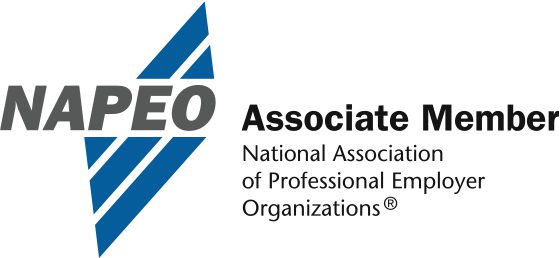In the U.S., six in ten adults have at least one health condition or disease that requires ongoing medical care and management. Chronic illnesses can present challenges for employees and their employers. Heart disease, cancer, chronic lung disease, and other conditions prevent employees from working to their full potential due to fatigue, medical appointments, and missing work for extended periods. Employers can work with HR to implement strategies that support their chronically ill employees in these ten ways:

- Be empathetic- Treat your workforce with dignity, show support, and be empathetic to their situation professionally. Remind employees they matter to you and that their job is secure as they work through their illness.
- Provide flexible work arrangements– Enable employees to work when they can or make up lost hours resulting from their illness.
- Create a supportive work environment- Demonstrate support for the chronically ill employee by showing you care as an employer through cards, well-wishes, and other signs of care that are visible to all employees.
- Encourage healthy behaviors- Break time wellness activities that include walking club, yoga, etc., and healthy break room snacks show all employees that health matters to your company—also, implementing benefits such as gym memberships.
- Implement formal policies- Provide opportunities for reduced work hours, job modifications, and sick leave should be made available without the employee losing their health care benefits.
- Include managers- Train managers on how they can support chronically ill employees by communicating with them appropriately and with compassion. Managers should build trust with employees starting the minute they are hired and continue to demonstrate confidence and commitment to them by being a supportive leaders throughout the employee’s illness and treatment.
- Honor privacy- If an employee discloses a health condition, keep it private and don’t ask questions about the illness, but ask how you can support them. Other employees should not know of the employee’s illness unless they directly hear about it from the employee.
- Keep ill employees connected- Encourage absent and sick employees to join meetings virtually (if they can) to listen in and keep them updated on company meetings through email or personal calls. Designating a ‘work buddy’ that periodically reaches out to them to ‘check in’ shows the employee that they are valued.
- Provide resources– Make a list of employee resources available such as EAPs, disability insurance, etc., and social programs and support groups for the chronically ill outside of work for their situation.
- Promote a work-life balance- Balancing work and life is vital for all employees, especially those with chronic illnesses. Employers that claim they promote work-life balance can demonstrate it in the following ways; paid time off for annual checkups, wellness appointments, and unpaid leave for certain health-related appointments. Also, establishing a healthcare donation bank where employees donate hours to help others.

Putting your employees first through employee benefits and health programs is one of the easiest ways to support chronically ill employees. At Aspen HR, we provide real-time high-touch support to help companies navigate the complex world of HR-related compliance and care for all employees. Contact our team to help you design and implement programs and benefits to help your chronically ill employees.







